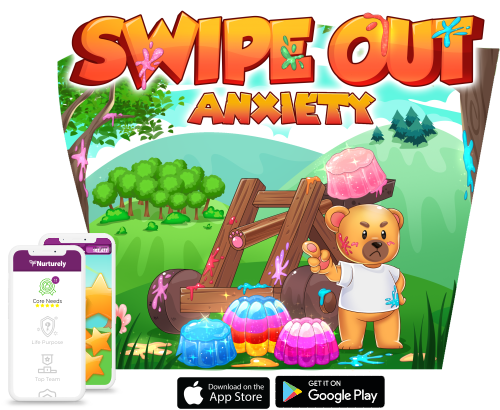How to Identify your Anxiety Triggers


Anxiety
Anxiety is a tireless, intensified state of anguish or distress, a reaction to an uncertain threat. Understanding what sets off your anxiety is key to managing and overcoming what can sometimes be a debilitating experience.
There are a number of different types of anxiety for example generalised anxiety, panic disorder, OCD, PSTD, and social phobia. The more awareness you have the more likely you will be able to pickup clues for the different anxiety you experience e.g. signs of social anxiety
What are Anxiety Triggers?
Basically anxiety triggers are the things that set off or cause an anxiety episode. It’s complicated though as there is no “one size fits all” set of triggers.
What may trigger one persons’ anxiety may not trigger another’s. Even a shared anxiety trigger between people may not have the same impact; for example someone may experience general nervousness and another experience a full on panic attack.
However the key to all problem anxiety is first being able to identify your anxiety triggers.
Why identify Anxiety Triggers?
Being able to identify what triggers your anxiety is the first step in understanding what brings on your anxiety in the first place, from there you can learn ways to handle each episode, learn strategies to cope and ultimately overcome those anxieties that are causing you harm.
It is also true that not all anxiety episodes are bad for us; in fact it is an important part of how we are motivated towards something positive like meeting deadlines or even going on a first date.
Journaling Anxiety Triggers
Starting a journal is a great way to uncover anxiety triggers. Recording things like where you were, thoughts, situations, people and even sensory experiences like particular smells or sounds could be jotted down.
A few common anxiety triggers include:
- Caffeine: in particular coffee and tea
- Finances: bills, employment, savings
- Relationships: personal conflict, workplace disputes, family/friends
- Routine changes: new baby, new job, new college, moving
- Loss: loved one, divorce, job
- Socialising: attending events, school, parties
- Lime light: public speaking
- Trauma: Physical, emotional
- Sleep: disrupted, lack of
We all sit on the anxiety scale at some point or another. Mostly we go about our lives largely unaffected by our anxiety experiences. You see anxiety is not always a bad thing, it can help us be slightly more alert, more focused, more determined or motivated towards positive things in our lives.
The problem with anxiety is when you land on the other end of the anxiety scale (red door) it can just as easily debilitate us. Being able to identify your own anxiety triggers, by being aware of what’s happening for you in a particular moment. I believe is a crucial step to healing from and overcoming your problem anxiety.
Reduce Stress & Anxiety

Join the BETA Program!
Swipe away your anxiety as you advance through the many islands of fun challenges. Unlock the islands mysteries, and ultimately improve your own happiness and wellbeing






